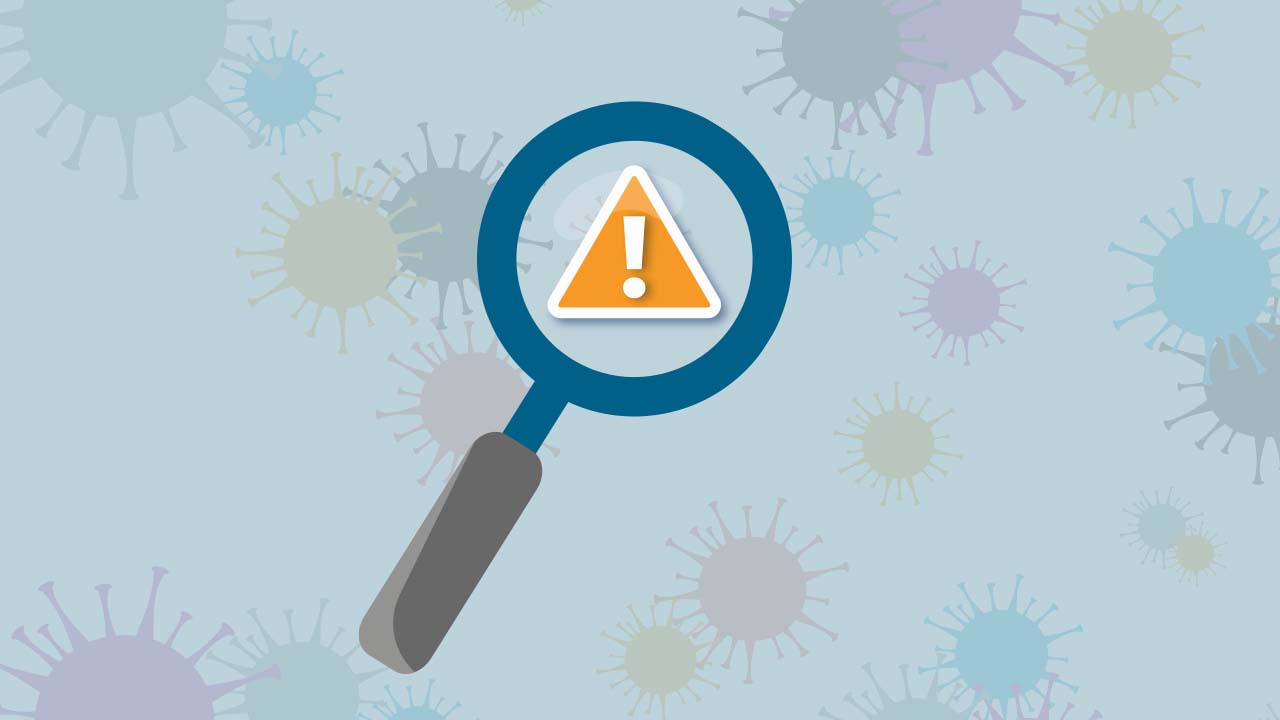To determine the prognostic value for patients with COVID-19, the study team used prospectively collected National Early Warning Score (NEWS) data from the Adaptive COVID-19 Treatment Trial (ACTT)-1 to calculate the Modified Early Warning Score (MEWS) and also added age to both NEWS and MEWS scores. The endpoints included recovery, mechanical ventilation and death. The assessment results were recently published in Critical Care Explorations.
ACTT-1 investigated remdesivir for the treatment of COVID-19 in hospitalized adults with evidence of lower respiratory tract involvement. ACTT-1 was the first stage in a series of phase 3, randomized, double-blind, placebo-controlled trials to evaluate the clinical efficacy and safety of putative investigational therapeutic agents among hospitalized adults with laboratory-confirmed COVID-19. The final analysis of ACTT-1 data, published in the New England Journal of Medicine (NEJM), showed that a 10-day course of remdesivir performed better than placebo in treating hospitalized patients with COVID-19.
Early in the pandemic, NEWS was widely used to detect clinical worsening in adult patients. The NEWS calculation includes respiratory rate, oxygen saturation, use of supplemental oxygen, temperature, systolic blood pressure, heart rate and level of consciousness. The MEWS calculation excludes oxygen saturation and use of supplemental oxygen. Both early warning scores can be quickly assessed at the bedside, do not need laboratory assays and have reasonable prognostic performance.
The study team evaluated NEWS, MEWS, NEWS+age and MEWS+age in the ACTT-1 sample of 1,062 adult nonpregnant inpatients with severe COVID-19 pneumonia. NEWS and MEWS were moderately prognostic (c-index: 0.60-0.68) for mortality; this significantly improved when age was added (c-index: 0.66-0.74). For recovery, they had slightly better prognostic ability (c-index: 0.65-0.69); again, this significantly improved when age was added (c-index: 0.68-0.71). Regarding the last endpoint of mechanical ventilation, NEWS and MEWS had weak to moderate prognostic performance (c-index: 0.59-0.69); there was also significant improvement when age was added (c-index: 0.62-0.70).
Based on these results, the authors concluded that NEWS alone does not sufficiently risk-stratify hospitalized patients with COVID-19 and should not independently guide clinical decision making. Instead, it may be best used as an adjunct for triage, disposition and resourcing decisions, and additional research is needed to identify a method that can be used to accurately prioritize patients with COVID-19 at risk of critical illness or death.
These results provide important information about the clinical management of hospitalized patients with COVID-19. Leigh Ann Blackmon of FHI Clinical supports the ACTT studies, and the entire FHI Clinical team is excited to be part of this important work.
Read our brochure to learn more about how FHI Clinical’s services are suited to outbreak responses.


